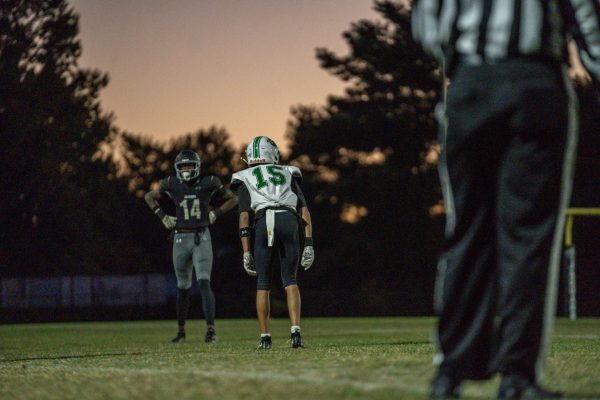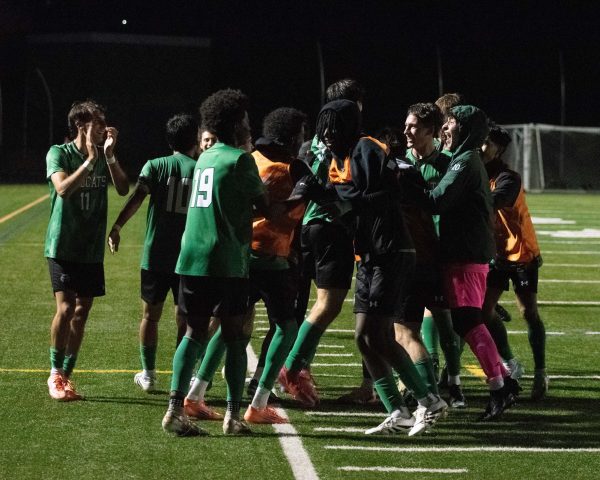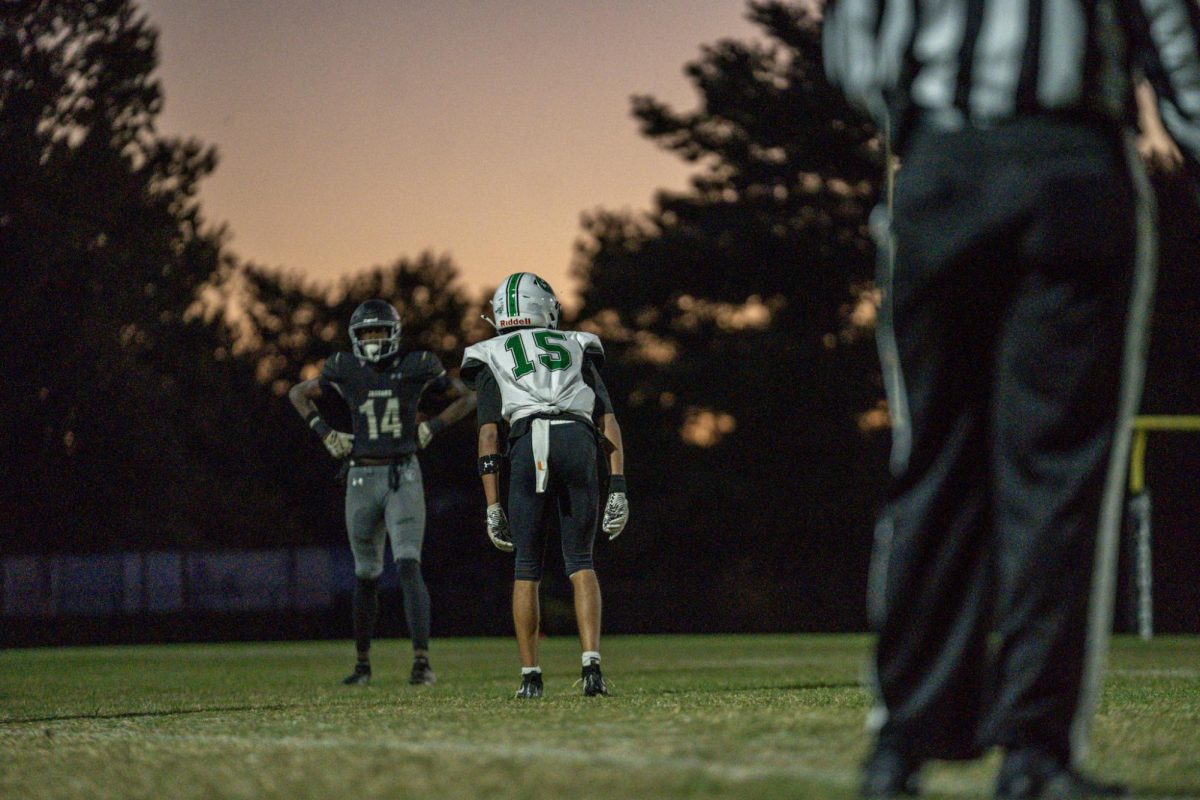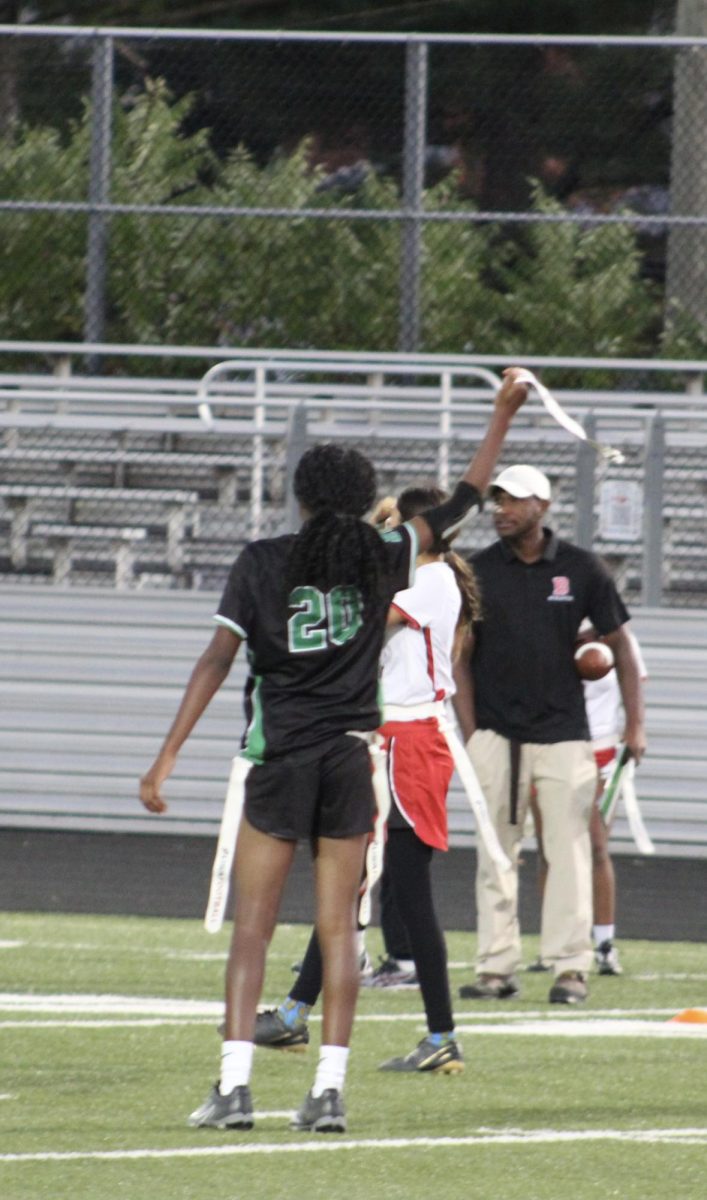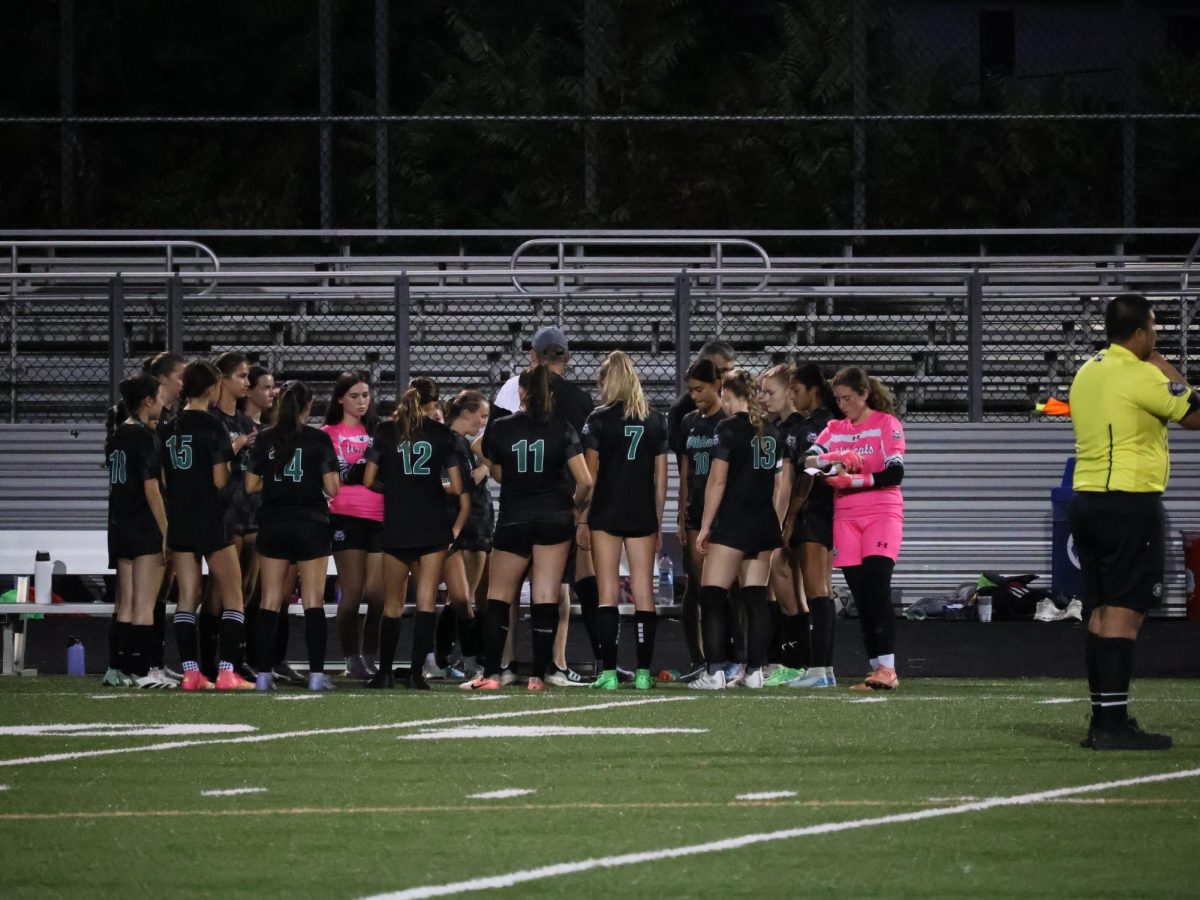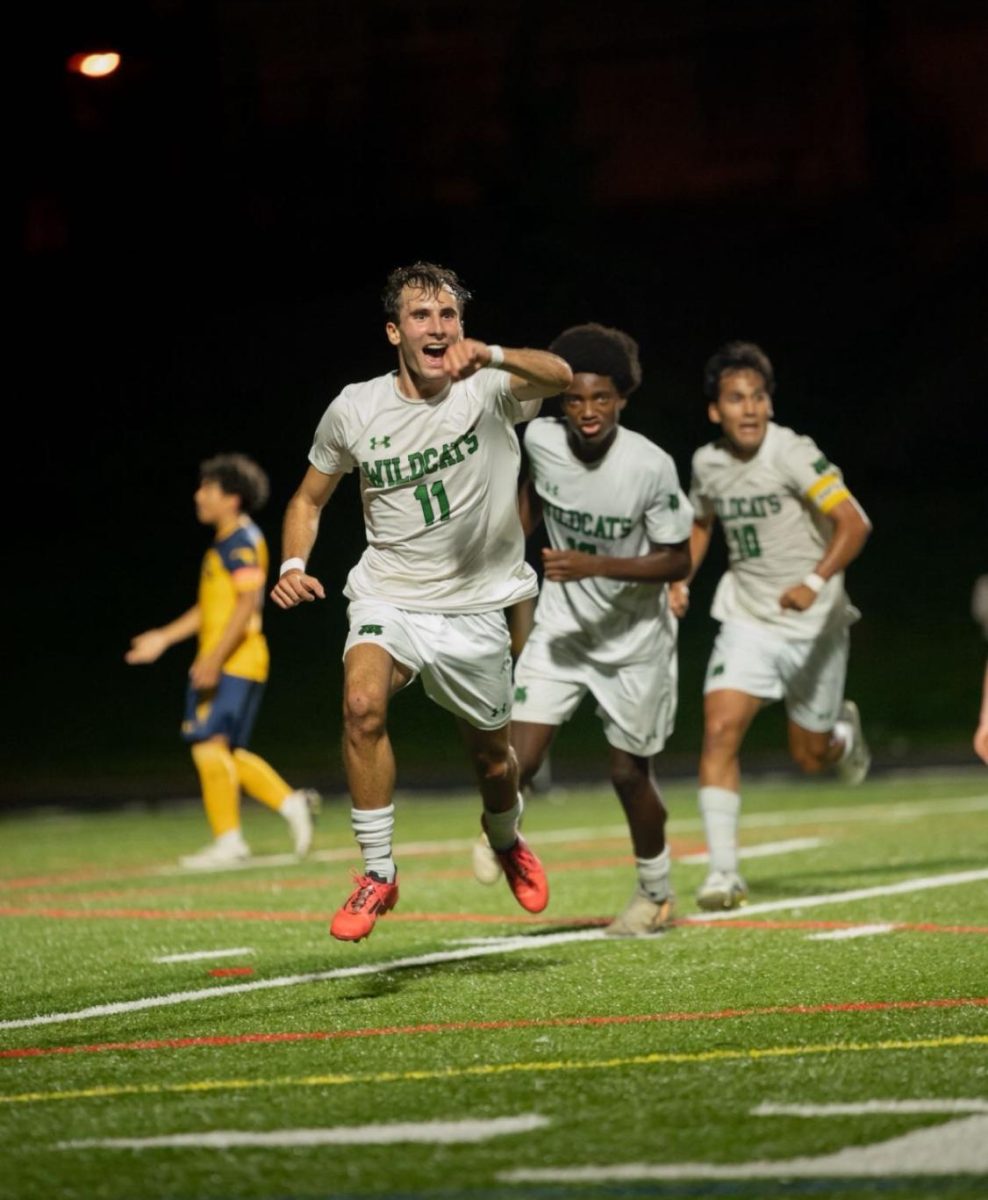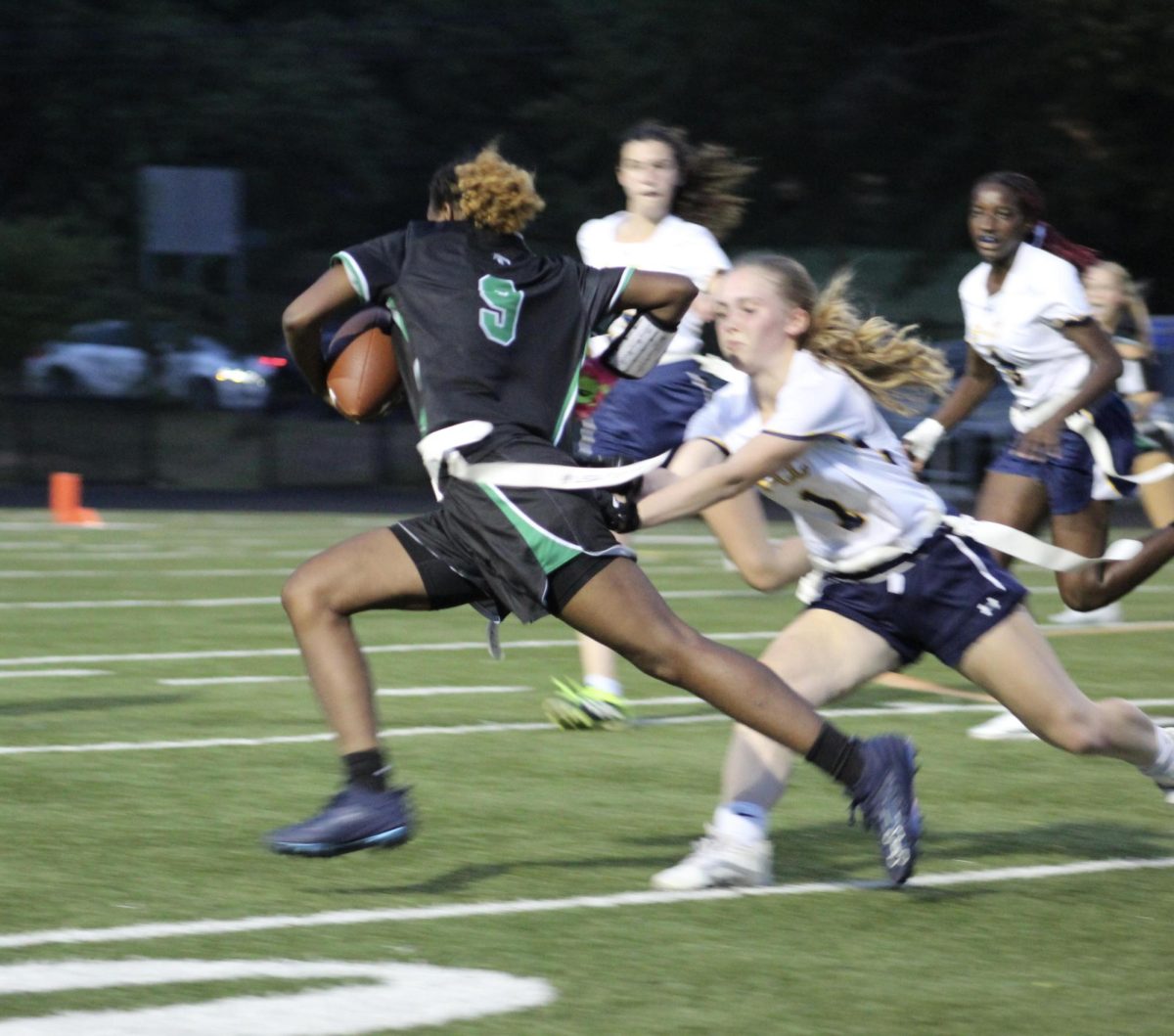Homecoming Suspensions Ignite Controversy
Photo Courtesy of Flickr Creative Commons User Robert Kuykendall
This year’s spike in Homecoming alcohol incidents resulted in twelve student suspensions, by some accounts.
Nov 24, 2014
As the music wound down at the 2014 WJ Homecoming dance, hundreds of students filed out through the school’s front doors, soon to return for class that Monday.
However, 12 students would not be coming back so soon.
These students were cited at the event for breaking the law and the MCPS regulations regarding alcohol intoxication or possession. According to school administration, this is the largest number of underage drinkers at a school event in recent memory. However, it was the students’ punishment, and not their actions, that raised a controversy: ever since the event, there has been heated debate in the WJ community over whether it was an equitable decision to levy this strong-handed punishment.
Many students who were at Homecoming this year said they got the sense the school was cracking down harder than ever. Junior Taylor Dennison, who attended the event, said students who drank before going to the event ran a major risk.
“The moment someone acted as if they’d been drinking alcohol, they were [done for],” said Dennison.
One student, who wished to remain anonymous and will be referred to as Smith, was suspended last month following an alcohol infraction outside the dance. According to the student, administration met the Monday following Homecoming, and informed the 12 violating students that they would all receive the same punishment: a three-day suspension.
There were some things, the student said, that administration did not tell her: for instance, her punishment was the absolute maximum allowed by county regulations. The new 2014-2015 MCPS Code of Conduct cites a three-day suspension as the most intensive consequence permitted for “using or possessing alcohol” on MCPS property. The student was surprised to find the punishment was the same for a student who attacked someone with a knife. According to the same Code of Conduct, bringing a knife to school, with the intent to use it as a weapon, carries the same maximum punishment as alcohol intoxication.
“It just doesn’t make sense to take kids out of school and cause them to fall behind on their work for something that [is not necessarily] dangerous, [like a knife is],” said the student.
Principal Jennifer Baker, however, disagreed. She said she believes that alcohol can cause at least as much harm as a knife can.
“Coming to school drunk can be just as dangerous as coming to school with a weapon, because if a student has been drinking and gets in a car, that car can become a huge weapon…and it can seriously harm that student and people around them,” said Baker.
Baker said she could not comment on the specific disciplinary action that was taken, and did not confirm, nor deny, that all 12 students who were caught were also suspended. However, she did not contest the validity of the anonymous student’s account.
According to the student, the suspension had a serious negative impact on her academics.
“[This suspension] caused me to fall behind on work, and miss a bunch of lessons and group activities. I do not think it was an appropriate punishment,” said the student.
Dennison, although she was not cited by the police or by the school, said she agrees that a three-day suspension is excessive.
“[At worst], administration should have given in-school suspensions,” said Dennison. “[These students’] punishments shouldn’t be so harsh that they have to miss out on learning.”
Baker said that she understands Smith’s and Dennison’s concerns, and that the effect of suspensions on academics was one of many things that the administration considered. But she said that, in part, dealing with serious consequences is inherent in choosing to get drunk.
“This was not an easy decision to make [for the administration], but students have to know that they will face the consequences of their actions,” said Baker.
Smith said that she now understands that she made a bad decision, and warranted discipline – but that suspension, due to its severity and collateral consequences, was not the right path to take. Lower-level punishments, she said, could cause less unnecessary harm, and at the same time be more effective in educating students who make bad decisions.
The MCPS Code of Conduct instructs that “lowest level [consequences] should be considered first” for any infraction: consequences such as “restorative practices, peer mediation, or community service.” Educating, rather than simply punishing, is the goal of the MCPS discipline policy.
According to Baker, part of the reason behind the heavier penalty was that the administration wanted to send a message to students that coming to school drunk is considered unacceptable and unsafe. However, she stressed that the motivation for their decision was safety, not anger or revenge.
“This was not about ‘getting’ any one student,” said Baker. “This was about safety.”
Not everyone involved in this controversy is on one side or the other: some members of the community are in the middle on this issue. Another WJ student, Camilo Calvo-Alcaniz, called himself a part of the “sober minority” among his friends at the dance, and said that he believes a student’s punishment should depend on their specific actions.
“I believe that the school should in some way be discouraging students from drinking, but mostly for the reason that they need to discourage drunk driving,” said Calvo-Alcaniz. “In my opinion, the punishments would be fairer if they were stricter for those with vehicles and laxer for those who walked, or took public transportation.”
Calvo-Alcaniz pointed out that this would put more of an emphasis on safety without penalizing students who made less dangerous choices.
“If schools focused more on that aspect of the danger instead of presenting alcohol as a moral evil, there might be fewer accidents from students driving under the influence,” said Calvo-Alcaniz.
For those who believe that suspensions are too harsh, there may yet be hope. Baker said that moving forward, the administration would be open to other methods of discipline in the future. However, for now, the school will not rule out giving suspensions for underage drinking, especially if the number of violators remains so high.
While the many sides of this debate may not agree on much, Dennison and Smith shared a final message for WJ students that Baker might very well be willing to support.
“Students shouldn’t show up to school events drunk. There’s no reason to be drunk in an environment with so many kids and teachers around,” said Dennison.
Smith said her experiences, for better or for worse, left her with sound advice for future students.
“Don’t bring alcohol on school grounds,” said Smith. “And if you do, know the consequences.”







